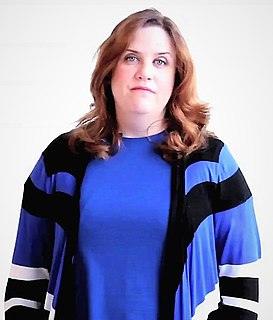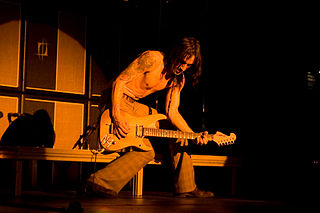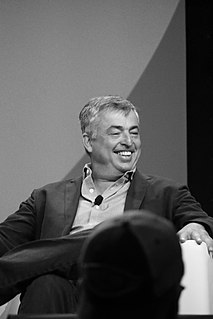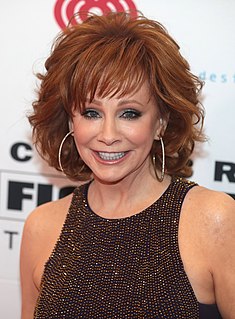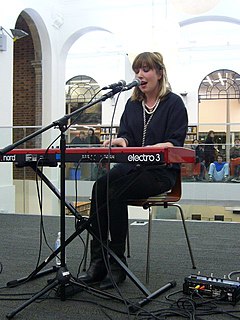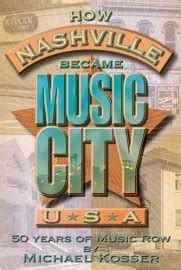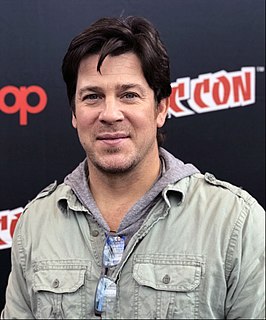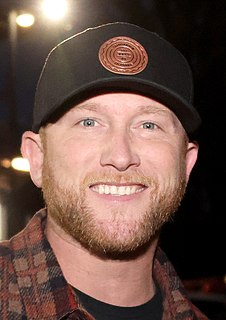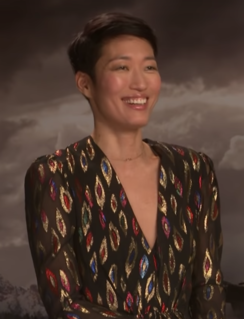A Quote by Stephin Merritt
There's already a great deal to do writing the songs. And if I were completely in control of it, nobody would be able to say "this song doesn't work."
Related Quotes
I think from a major-label perspective, if you were on the flip side of things and that's the world you were used to working in, your interpretation could be, "Oh, they're having trouble writing songs," when really it's like, "No, I'm not ready to write songs, I don't want to write a song right now, if I did write a song, it would be forced."
Everybody used to be busy writing songs - great songs - that became hits. Now everybody's writing hits. Everybody's desperately writing a hit because they know they can't survive if they don't have a hit. Where in the past, we were writing a song like 'More Than Words' on a porch, not really believing it was gonna be a hit.
In the early days, Porter Wagoner would not exactly scold me, but he's say, 'You're writing too many damn verses. You're makin' these songs too damn long.' And I'd say, 'Yeah, but I'm tellin' a story. I have a story to tell.' And he'd say, 'Well, you're not going to get it on the radio.' If I start writing a song, I'm writing it for a reason. People would say that I had to have two verses, and a chorus, and a bridge. I tried to learn that formula.
That's what is so great about being able to record a 13-song album. You can do a very eclectic group of songs. You do have some almost pop songs in there, but you do have your traditional country, story songs. You have your ballads, your happy songs, your sad songs, your love songs, and your feisty songs.
I wanted to try to make songs that worked as songs, not just as productions. People wanted me to do a solo acoustic session, they were like "Can you play song on the piano?" and I was like "Not really. It doesn't really work." I wanted to write songs that would work in a variation of instrumentation.
There's a lot of different ways that a song would be a challenge to parody. There are a lot of songs that would ostensibly be a good candidate for parody, yet I can't think of a clever enough idea. Some songs are too repetitive for me to be able to fashion a humorous set of lyrics around. Some songs flat-out just don't work creatively for me.
I was one of those guys, you know, playing and singing, and there was no reason for me to write a song, because there were so many beautiful songs out. And Bob Dylan was always the ultimate songwriter, and nobody could ever write a song as good as him, and nobody ever has written a song as good as him.
Here's some free advice; like the folkies of yore, you need to be not just a writer of songs, you need to be a lover of songs, a listener of songs and a collector of songs. If you hear a song in a club that knocks you out or you hear an old recording of a great song you never knew existed, it does not diminish you to record it; it actually exalts you because you have brought a great song from obscurity to the ear of the public.


